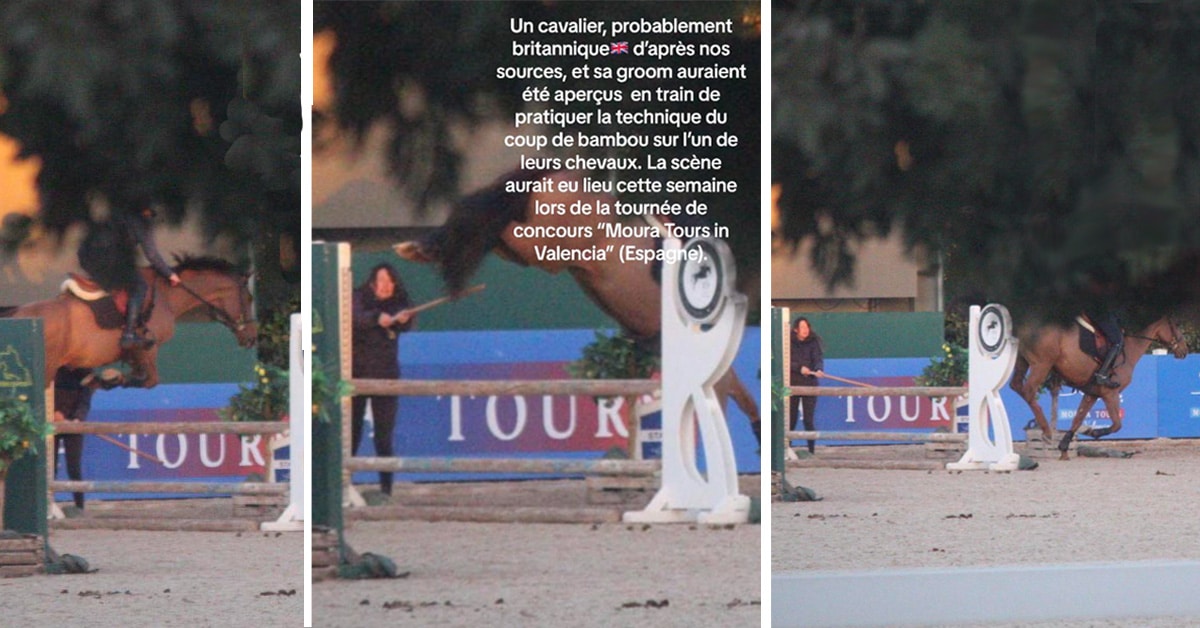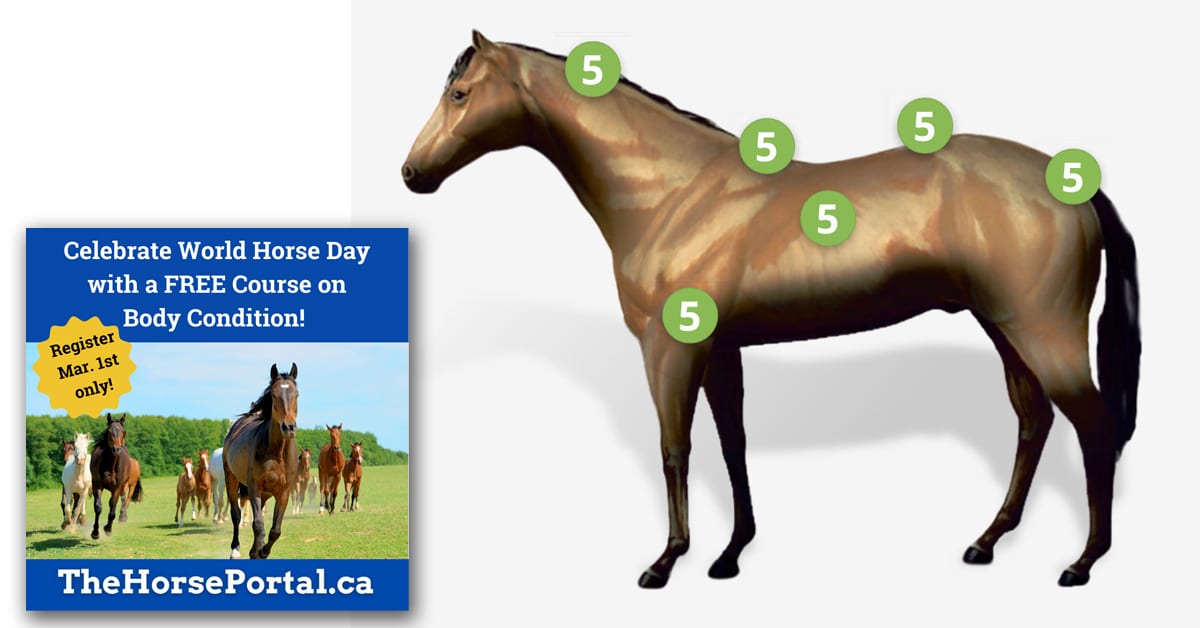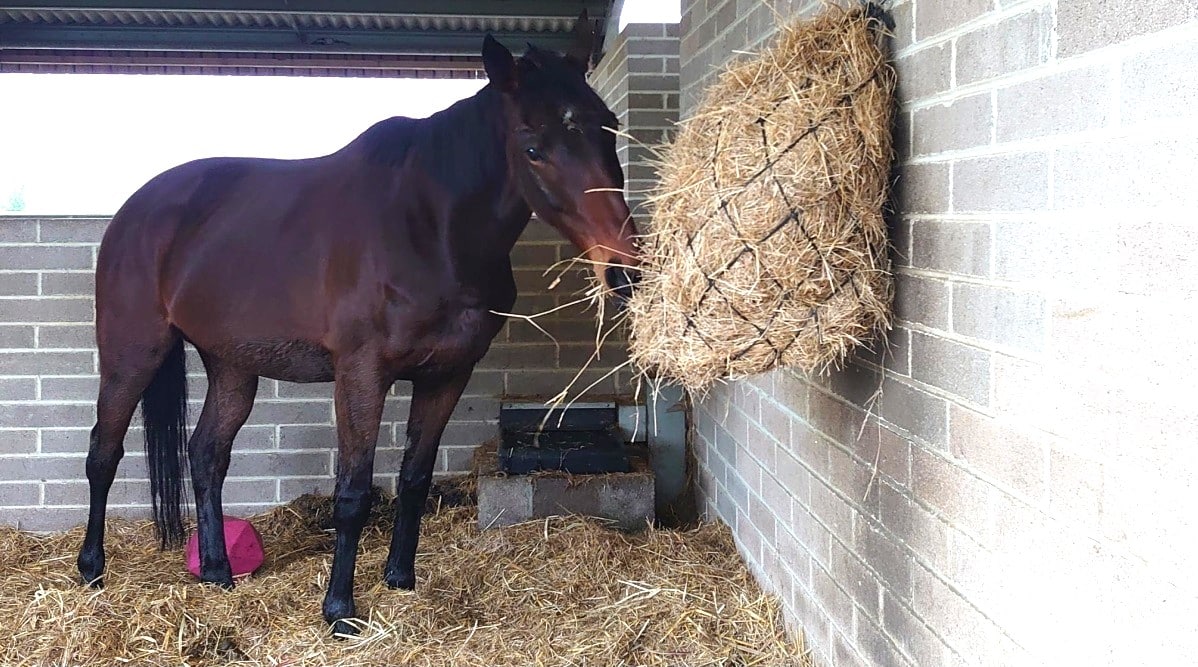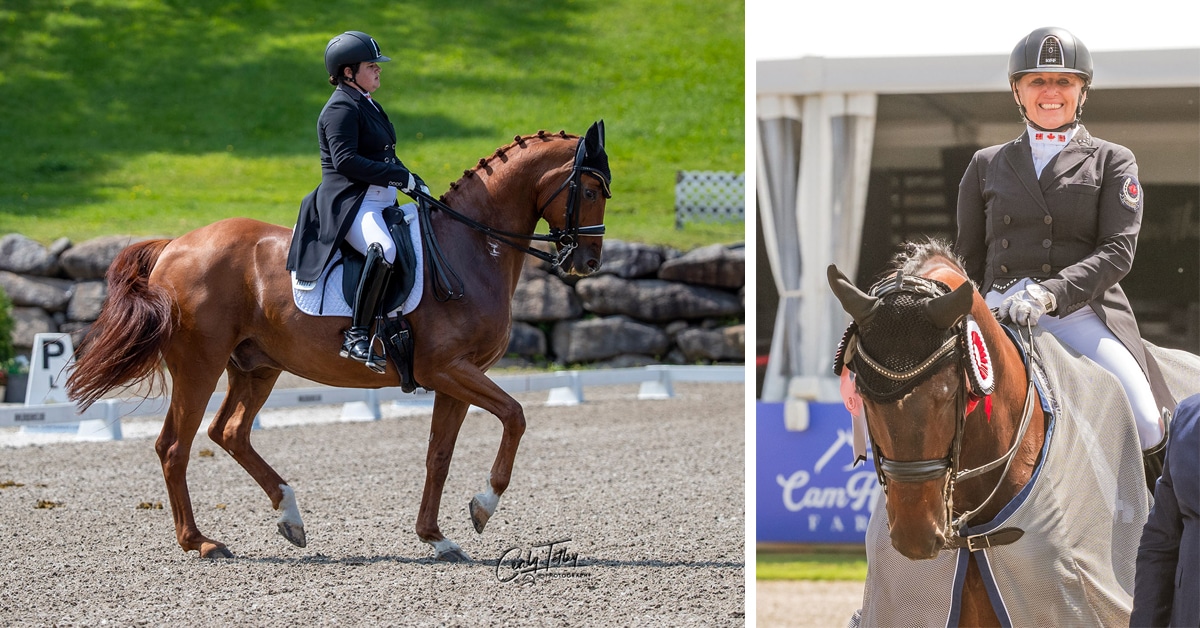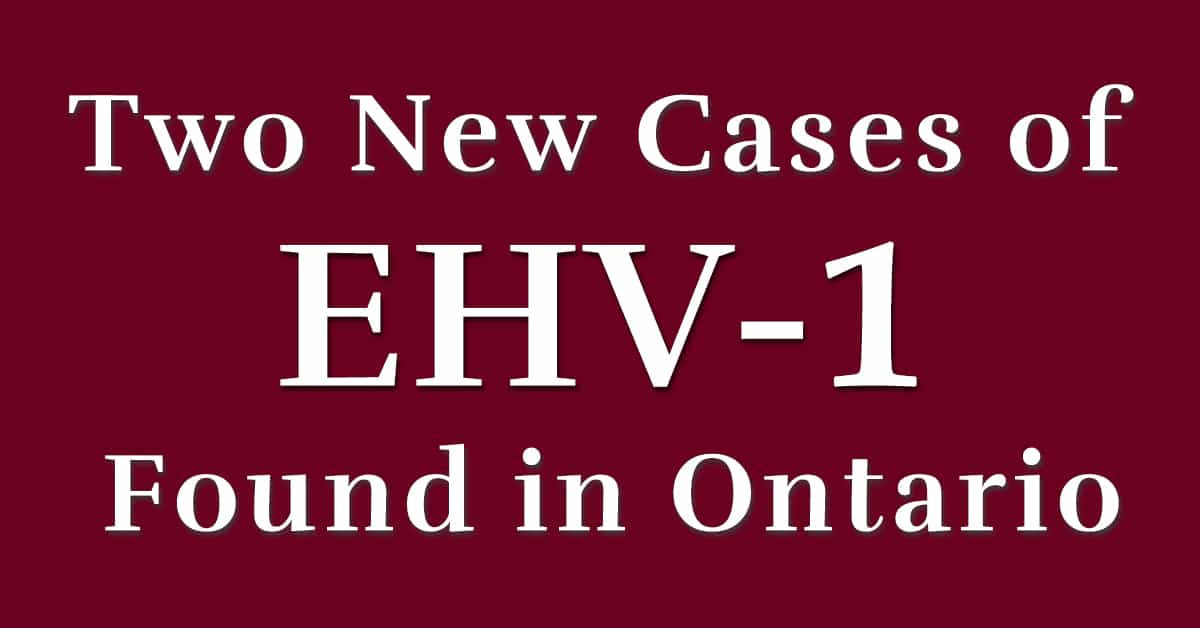One case is located in Peel region and involved an 18 year-old gelding that had to be euthanized. His clinical signs included severe incoordination of hind limbs, progressing to being down with an inability to get up.
The second case, located in Niagara, involves a seven-year-old mare. Her symptoms include progressing to being down with an inability to get up and difficulty urinating.
Both facilities are under veterinary supervision and the farm managers have implemented biosecurity procedures and movement restrictions. There are now three equine facilities in the province with a confirmed EHV-1 infection causing neurologic disease.
On February 4, OMAFRA was notified of two confirmed cases of equine herpes virus-1 (EHV-1) infection at an equine facility in the Regional Municipality of Halton. Both horses had a fever and were tested as part of a follow-up investigation into the deaths of three horses at the facility. These three horses were euthanized between January 29 and February 3 following the sudden onset of severe incoordination and being down and unable to rise. The facility is under veterinary supervision and the manager has implemented strict biosecurity measures and movement restrictions.
It is believed that the highly-contagious virus may have also been transferred to a farm in western Quebec via a recently-purchased horse that shipped in Jan. 15 from a Milton, ON. The farm in Quebec is now experiencing an outbreak of EHV-1 which has already resulted in the deaths of two horses and the infection of 18 others to date.
More from Equine Welfare:
